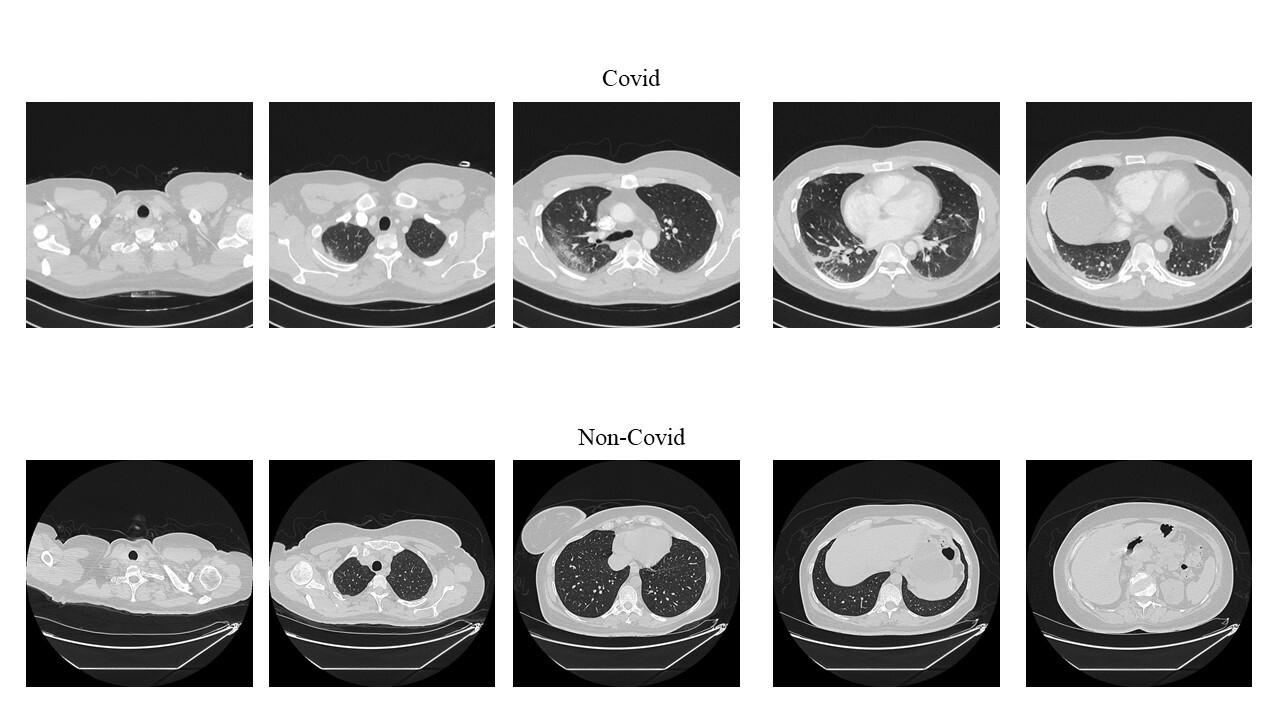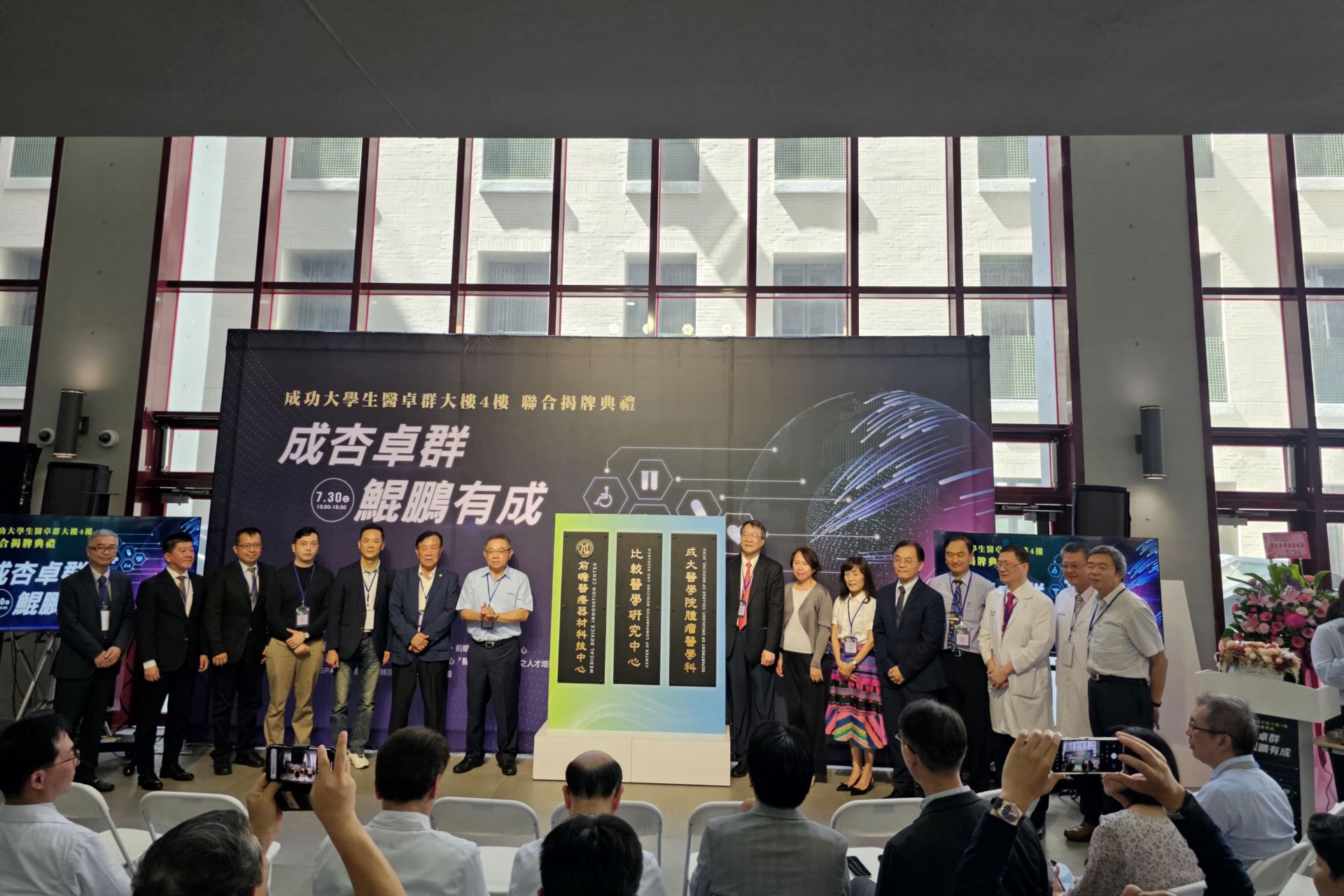SDG3
The NCKU Occupational Therapy Department's "Snoezelen Multi-Sensory Room" has attracted Thai scholars' visits
The Department of Occupational Therapy at National Cheng Kung University (NCKU) operates the "Snoezelen Multi-Sensory Room – White House," commissioned by the Tainan City Government. Through professional and dedicated services, it effectively supports the quality of life for individuals with physical and mental disabilities. Dr. Suchitporn Lersilp and Dr. Supawadee Putthinoi from the Department of Occupational Therapy at Chiang Mai University, Thailand, recently visited to exchange ideas and discuss the practical applications of multisensory environments. Dr. Lersilp mentioned that the visit provided them with a comprehensive understanding of the actual benefits and challenges of multisensory environments, and they plan to bring this valuable experience back to Thailand to expand local multisensory therapy services.
In recent years, Thailand has introduced concepts like multisensory environments, focusing primarily on special schools and specific early intervention medical units, with a main target group of children. The goal is to use multisensory environments to help children regulate appropriate emotions and states before providing special education or early intervention services.
In Taiwan, the use of multisensory environments is not limited to children. For example, the Snoezelen Multi-Sensory Room established by the Social Affairs Bureau of Tainan City provides social welfare services to all age groups in Tainan City, including individuals with developmental delays, intellectual disabilities, and elderly people with dementia. Professional occupational therapists assess and provide therapy based on the needs and goals of the individuals, offering diverse, individualized, and professional multisensory therapy services, while also validating the effectiveness of treatments through evidence and research to ensure scientific and effective treatment plans.
Dr. Lersilp and Dr. Putthinoi, invited by Professor Ling-Yi Lin from the Department of Occupational Therapy, visited the White House on August 8. In addition to touring the environment and facilities, they engaged in an in-depth discussion on the practical applications of multisensory environments. This effectively enhanced mutual understanding between scholars regarding support for individuals with disabilities, and discussions included the latest developments in early intervention and support systems in Taiwan and Thailand.
Professor Lin emphasized that international visits are a crucial part of advancing global professional collaboration. By continuously sharing and learning, we promote the development of global early intervention and support services for individuals with disabilities.
To further enhance the scientific basis of service quality and methods, Professor Lin's doctoral student, Yu-Ju Kim, is currently conducting a research project to evaluate the effectiveness of family-centered multisensory therapy for children with developmental disorders and their parents. The results will help professional clinicians develop more effective intervention strategies, improve case functionality, and promote caregiver empowerment and family health and development. The aim is also to provide more opportunities for international exchange students to visit and gain practical experience, further deepening the understanding and skill enhancement among professionals, laying a solid foundation for future international cooperation and professional exchange.
In recent years, Thailand has introduced concepts like multisensory environments, focusing primarily on special schools and specific early intervention medical units, with a main target group of children. The goal is to use multisensory environments to help children regulate appropriate emotions and states before providing special education or early intervention services.
In Taiwan, the use of multisensory environments is not limited to children. For example, the Snoezelen Multi-Sensory Room established by the Social Affairs Bureau of Tainan City provides social welfare services to all age groups in Tainan City, including individuals with developmental delays, intellectual disabilities, and elderly people with dementia. Professional occupational therapists assess and provide therapy based on the needs and goals of the individuals, offering diverse, individualized, and professional multisensory therapy services, while also validating the effectiveness of treatments through evidence and research to ensure scientific and effective treatment plans.
Dr. Lersilp and Dr. Putthinoi, invited by Professor Ling-Yi Lin from the Department of Occupational Therapy, visited the White House on August 8. In addition to touring the environment and facilities, they engaged in an in-depth discussion on the practical applications of multisensory environments. This effectively enhanced mutual understanding between scholars regarding support for individuals with disabilities, and discussions included the latest developments in early intervention and support systems in Taiwan and Thailand.
Professor Lin emphasized that international visits are a crucial part of advancing global professional collaboration. By continuously sharing and learning, we promote the development of global early intervention and support services for individuals with disabilities.
To further enhance the scientific basis of service quality and methods, Professor Lin's doctoral student, Yu-Ju Kim, is currently conducting a research project to evaluate the effectiveness of family-centered multisensory therapy for children with developmental disorders and their parents. The results will help professional clinicians develop more effective intervention strategies, improve case functionality, and promote caregiver empowerment and family health and development. The aim is also to provide more opportunities for international exchange students to visit and gain practical experience, further deepening the understanding and skill enhancement among professionals, laying a solid foundation for future international cooperation and professional exchange.
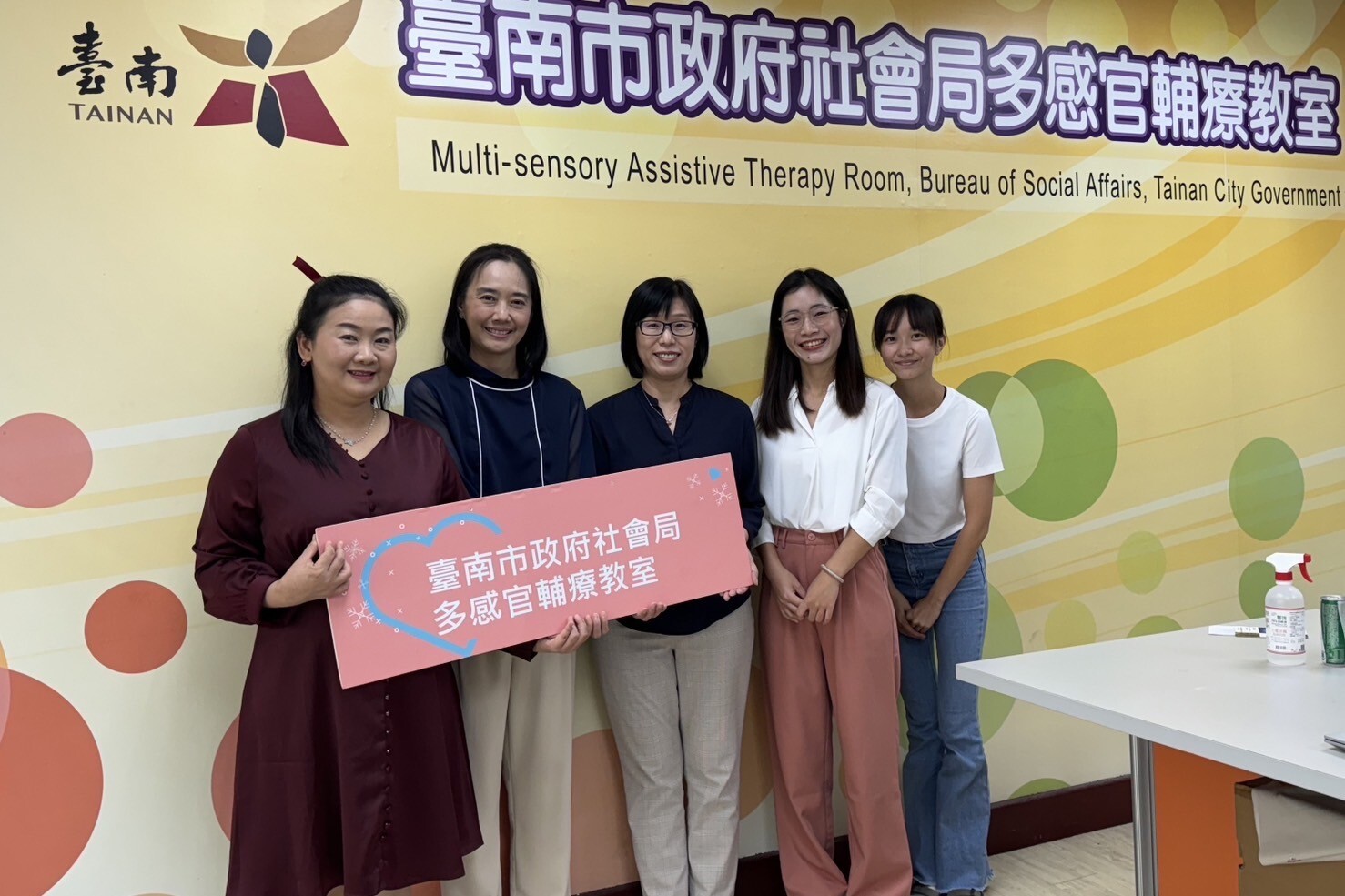
From left to right: Dr. Supawadee Putthinoi, Dr. Suchitporn Lersilp, Professor Ling-Yi Lin, Occupational Therapist Yu-Ju Kim, and Occupational Therapist Pin-Yen Tseng.
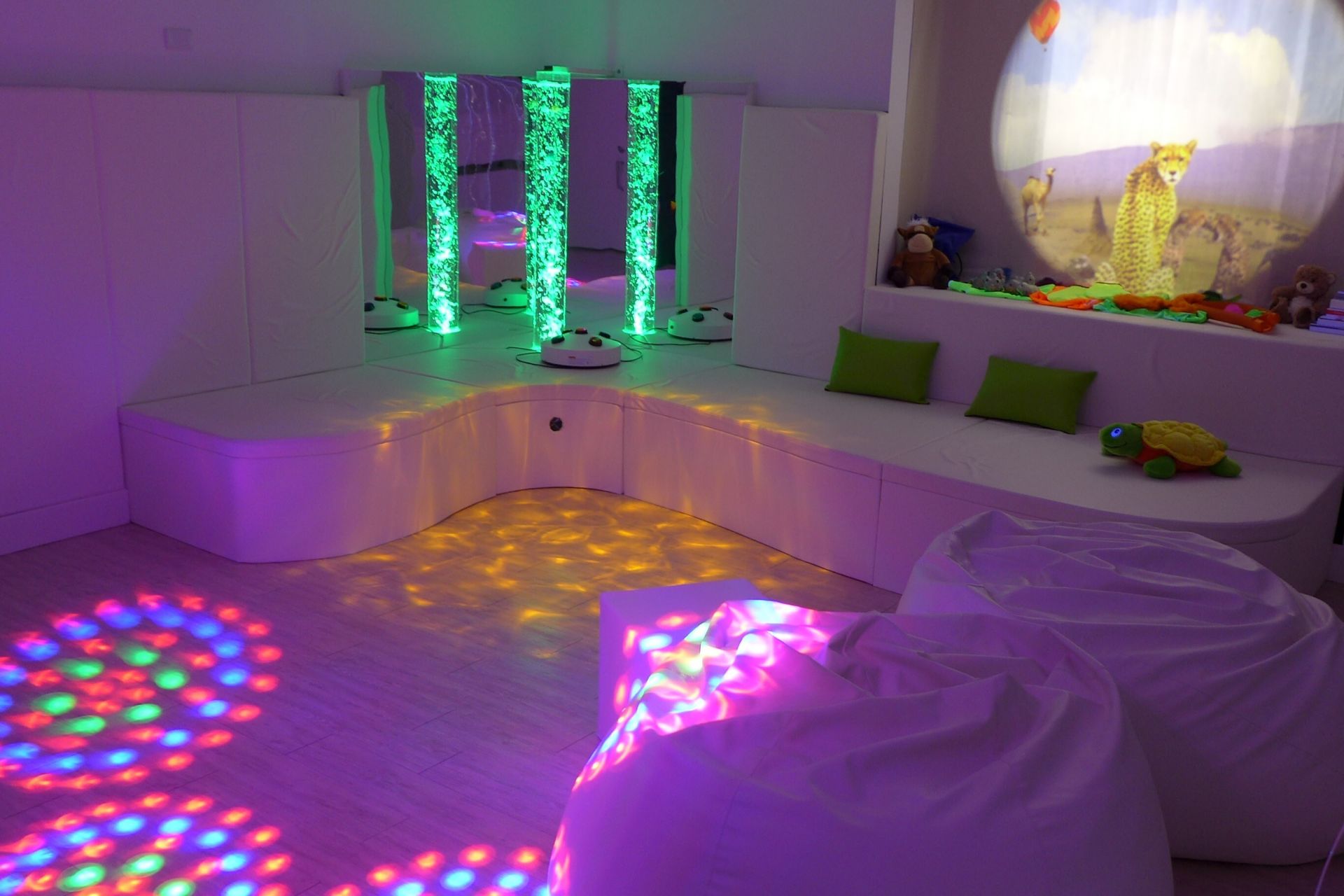
Snoezelen Room - Voice-Controlled Flower Lamp and Color Projection Machine.
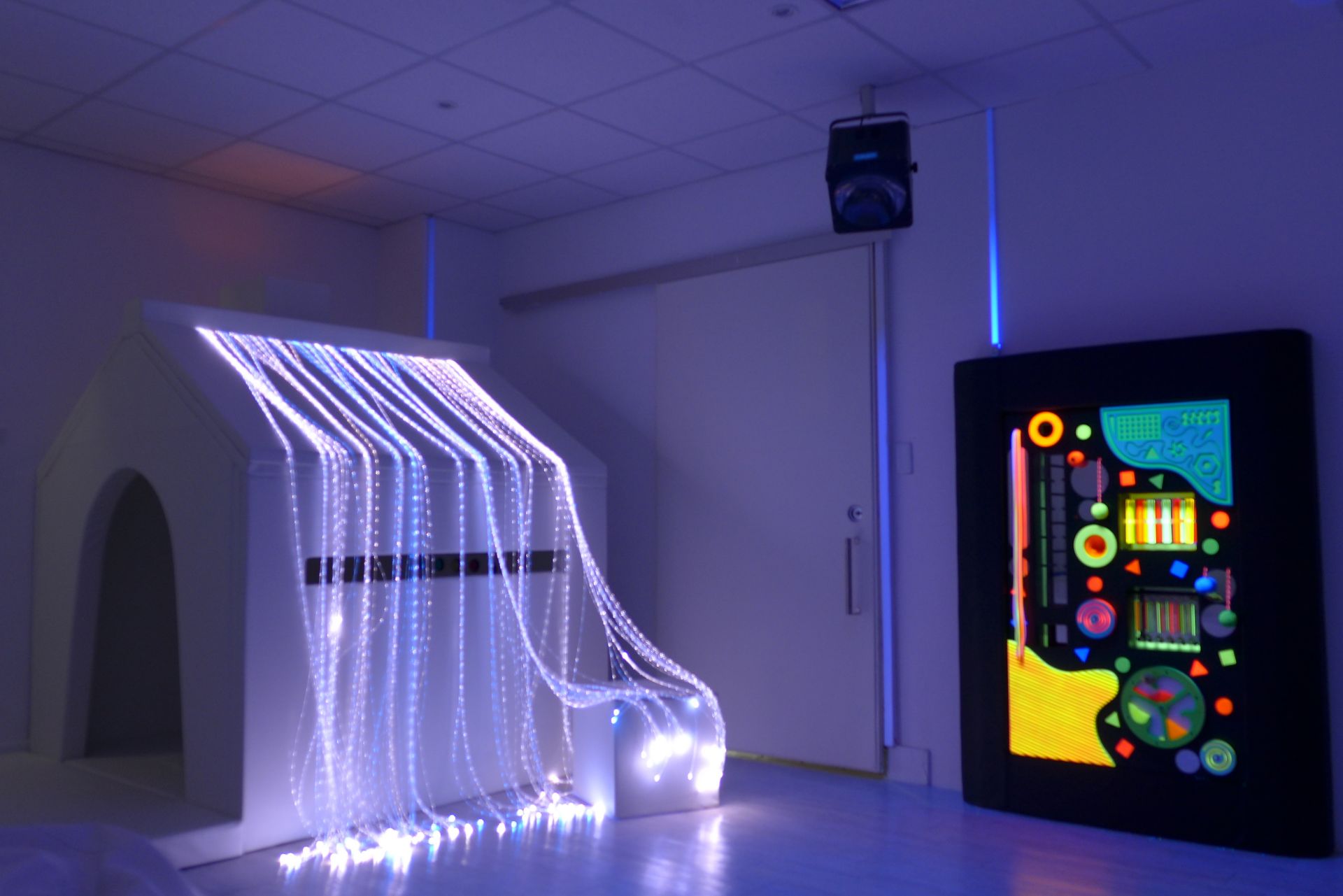
Snoezelen Multi-Sensory Room - Optical Fiber Waterfall and Fluorescent Tactile Wall.






